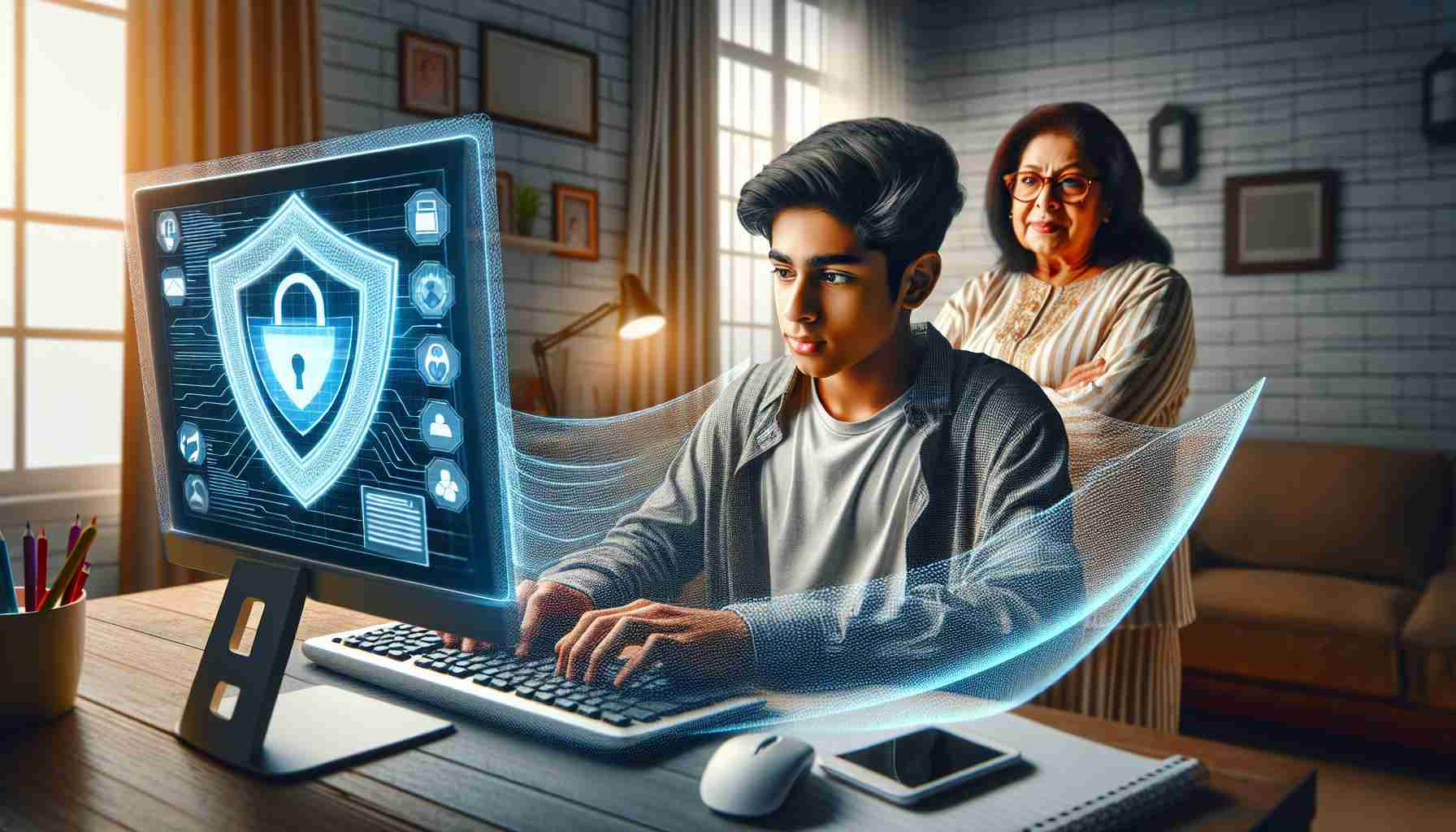Parliament Engages in Discussions on Youth and the Digital Environment
The digital era’s influence is undeniable, prompting parliament to examine the role of smartphones and social media in the lives of children and teens. A consensus acknowledges that excessive screen time can hinder the development of young people, encompassing a spectrum of activities like watching TV, indulging in video games, and navigating smartphone apps.
Education and the Smartphone Dilemma
Smartphones have been identified as a distraction within educational settings, affecting students and teachers alike. In response to this, the government has set forth guidelines that support school leaders in enacting mobile phone bans during the school day, including breaks. This policy aims to curb classroom disruptions and cyberbullying while enhancing focus on educational tasks.
Parental and Governmental Roles in Child Protection
As technology becomes more deeply embedded in society, the challenges for parents in managing their children’s screen time grow exponentially. While governmental measures, such as enabling schools to restrict phone usage, are helpful, the underlying responsibility remains with parents to safeguard their offspring from potential harm. Involving both parental vigilance and government intervention is considered a balanced approach.
Invitation for Public Input
An invitation is extended to the public to impart their insights on how the government might further buffer young individuals from the negative repercussions of smartphone usage and social media engagement. Ideas and suggestions are welcomed via email, signaling a collaborative effort to form a protective framework for the younger generation’s digital interactions.
Key Challenges and Controversies
One of the key challenges involved in safeguarding youth in the digital age is finding the right balance between protection and privacy. Parents and lawmakers must navigate the fine line between overseeing young users’ digital interactions and respecting their privacy and autonomy. This is particularly controversial when it comes to monitoring software and social media regulations.
Another significant challenge is ensuring that measures to protect young people do not hinder their digital literacy and ability to utilize technology constructively. The digital landscape is an integral part of modern education and career paths, making digital skills crucial.
The controversy also arises with the role of technology companies, regarding how much responsibility they should bear for safeguarding young users. Debates continue about whether these companies should implement more stringent content moderation policies or whether educating users and parents should be emphasized.
Advantages and Disadvantages
Advantages:
1. Structured measures can help reduce exposure to harmful content and cyberbullying, improving mental health and well-being.
2. Limiting screen time might aid in the development of social skills and physical activity, which are crucial for holistic childhood development.
3. Educating youth about the responsible use of technology can promote digital citizenship and safer online environments.
Disadvantages:
1. Overregulation might restrict the beneficial aspects of technology for learning and creativity.
2. Bans and restrictions may lead to secrecy or rebellious behavior, with youth finding ways around the safeguards.
3. Enforcing regulations could involve significant costs and require comprehensive digital infrastructure and monitoring systems.
To provide further information or insights into the topic of safeguarding youth in the digital age, readers might consider consulting the main domains of reputable organizations dedicated to children’s online safety and digital literacy. For example, exploring resources from UNICEF or the Children’s Commissioner for England could be enlightening. It’s important to ensure these URLs are valid and properly formatted, as mentioned in the guidelines.
The source of the article is from the blog procarsrl.com.ar
